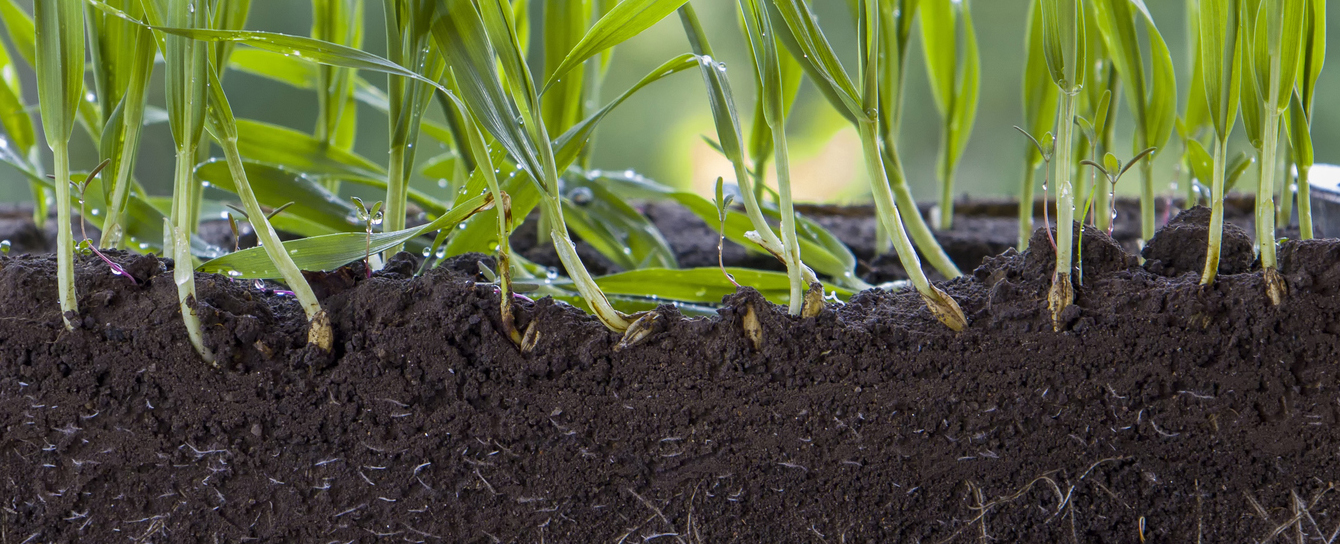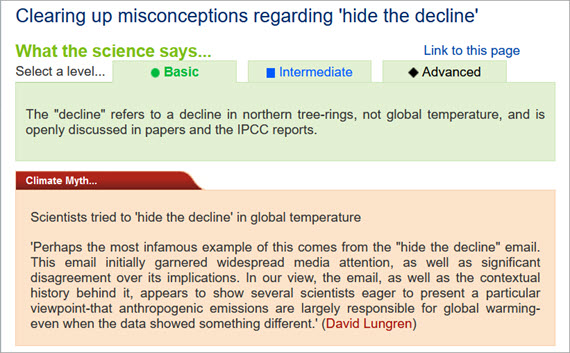Foods, Vol. 13, Pages 1188: Properties and Characterization of Sunflower Seeds from Different Varieties of Edible and Oil Sunflower Seeds
Foods doi: 10.3390/foods13081188
Authors: Zhenyuan Li Fei Xiang Xuegang Huang Manzhu Liang Sarina Ma Karim Gafurov Fengying Gu Qin Guo Qiang Wang
Sunflower seeds, oil, and protein powder are rich in nutritional value, but the quality of different varieties of sunflower seeds is quite different, and the comprehensive comparative analysis characteristics of edible and oil sunflower seeds are still unclear. The comprehensive analysis and comparison of the raw material indicators, physicochemical properties, and processing characteristics of four edible and four oil sunflower seed varieties were investigated. The results showed that the engineering properties, texture characteristics, single-cell structure, and oil, protein, and starch granule distribution were different between edible and oil sunflower seeds. The composition of fatty acids and amino acids was different among edible, oil sunflower seeds and different varieties. The oleic acid (18.72~79.30%) and linoleic acid (10.11~51.72%) were the main fatty acids in sunflower seed oil, and in amino acid composition, the highest content was glutamic acid (8.88~11.86 g/100 g), followed by aspartic acid (3.92~4.86 g/100 g) and arginine (4.03~4.80 g/100 g). Sunflower meal proteins were dominated by 11S globulin and 2S albumin, and the secondary structure was dominated by β-folding, with -SH and S-S varying greatly among different varieties. Sunflower meal proteins vary widely in terms of functional properties among different varieties, and specialized quality screening was necessary. This study provided a reference and theoretical support for understanding sunflower seeds to further promote the processing and utilization of sunflower seeds.

 2 weeks ago
18
2 weeks ago
18


